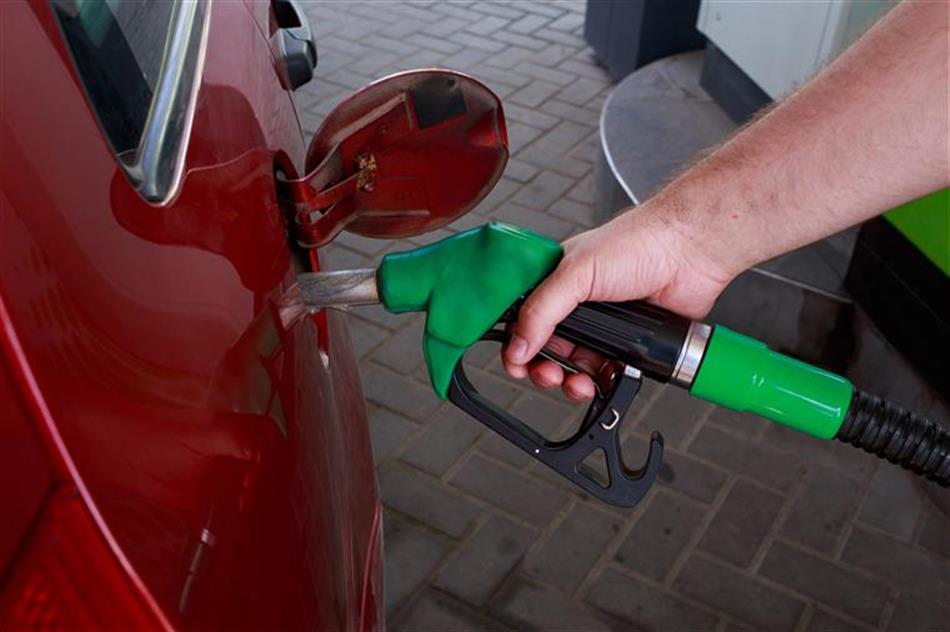Increased fuel does not give drivers a rest period. Gasoline and diesel have been rising for three consecutive weeks and there are gas stations charging more than two euros per liter. According to the Mais Gasolina website, it is possible to find one liter of 95 gasoline at a price of 2.014 euros, while a simple diesel exceeds 2.1 euros per liter.
The site also says that the average 95 petrol Galp uses is €1960 a liter, while a simple diesel is around €2050 a liter. In BP, the values are around 1,975 and 2,060 euros, respectively. While Repsol charges 1961 euros (petrol) and 2050 euros (diesel).
Lower values only if you use gas stations low cost. In the case of the Intermarché, the price of a simple petrol is around 1,814 euros and a diesel is 1,873 euros per liter. A scenario almost similar to what happens in E.Leclerc: €1.821 and €1.876, respectively. Slightly higher are the amounts charged by Rede Energia, 1,842 euros and 1,906 euros. But these are many examples that are on the market.
In theory the fuel from gas stations low cost Cheaper than those usually sold at gas stations. However, Apetro stated that oil companies cannot exercise prices for large areas “by changing only one of the price-cutting factors”, since the tax burden exercised in Portugal has too much weight in the final amount to be charged to the customer. Regarding its quality, the Portuguese Consumer Protection Association (Deco) guarantees that “there is nothing to fear regarding the quality of simple fuels”.
Values already have ISP discount
Despite these high prices, these figures do indeed include the new discounts applied to the Petroleum Products Tax (ISP).
It is noteworthy that the government decided to reduce the discount by 4.4 cents on gasoline and 0.1 cent on diesel. The mechanism implemented by the government to obtain the discounts indicates that the lower fuel prices leads to an increase in the tax on petroleum products (ISP), due to the lower revenue from the value-added tax.
The ISP’s discount equivalent to the 13% reduction in the value-added tax rate was scheduled to last until September 4, but was then extended until the end of the year, within the scope of the government’s aid package for families due to the price increase. In addition, “the carbon tax update will remain pending until the end of the year,” the CEO said.
Wafaa
To cope with rising and falling fuel prices, Portuguese consumers are doubling down on measures to be able to reduce the price to be paid on the final bill. The formulas are simple and can be used with discount vouchers, simple fuels and topped up at pumps low cost. Anything goes as long as the job is to spend less.
Betting on branded fuel is still the strategy of the Portuguese. The reason given for this choice is simple: more kilometers per tank, discounts and engine cleanliness are the most important aspects when choosing fuel with additives.
The truth is that the Big Four oil companies, Galp, Repsol, BP and Cepsa, continue to pay attention to the most important factor in consumer decisions. And if they always bet on loyalty cards with points that can be exchanged for the most diverse products, then the oil companies had to find alternative promotions that would respond to the main aspirations of customers: discounts on the hour and on the final price. Hence their bet on discount cards.
Another bet for brands is discounting on the day or on the weekend, the initiative that has the greatest impact on increasing sales and which has even managed to bring back some old customers who were seduced by supermarket bombs.

“Wannabe internet buff. Future teen idol. Hardcore zombie guru. Gamer. Avid creator. Entrepreneur. Bacon ninja.”

